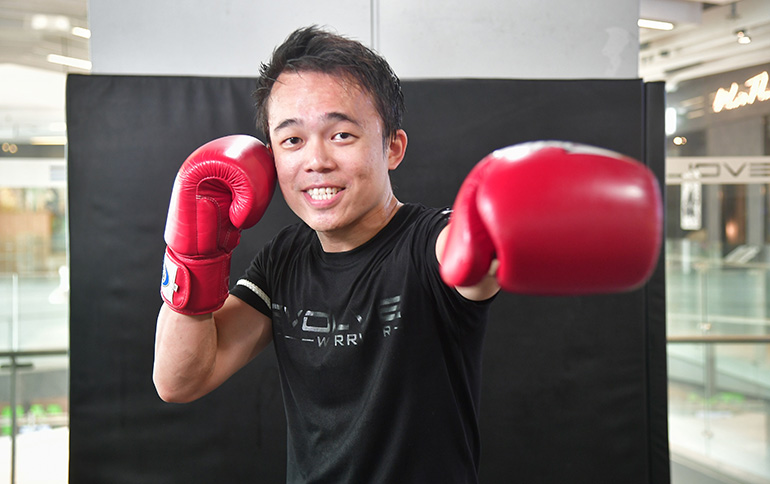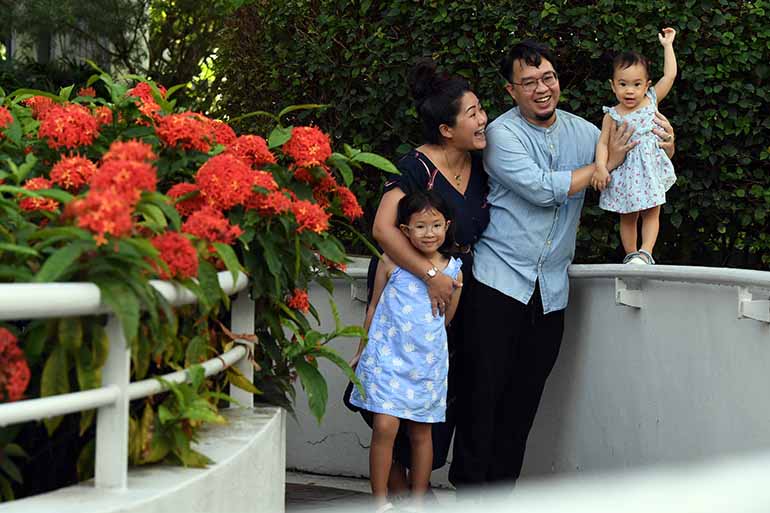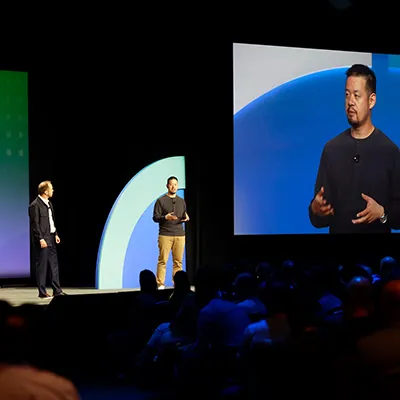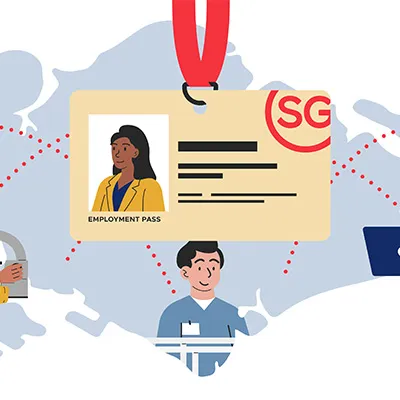Tenya Singapore’s staff members Ong Hui Min (left) and Nguyen Thi Xuan Tuyet use the extra day off to spend time with family, among other things. ST Photo: Desmond Wee
For these three firms, making their staff happier and engaged during the pandemic and beyond is serious business.
When Tenya Singapore used to advertise for staff on a five-day work week, it would often get zero applicants, says Mr Bhakt Yap, its administration manager.
But when it changed to a four-day work week for service and kitchen staff on July 4, the Japanese restaurant quickly filled eight positions. These included two supervisory staff who are not eligible for the four-day work week, but were attracted by its advertisements.
The fast casual chain, which opened during the pandemic, is a franchise of top Japanese tendon chain restaurant, Tempura Tendon Tenya.
Its Orchard Central branch has 10 full-time staff, of whom seven are on a four-day week; while the Ion Orchard outlet has nine full-time staff, with six on a four-day week.
"Many locals do not want to join F&B (food and beverage) operations partly because there's no work-life balance and the long hours and weekends are burnt. They don't really have a lot of time to spend with their loved ones," says Mr Yap, 54.
"It's very difficult to find people to work, so we need to come up with some kind of benefit to entice these people to join.
"Hopefully, there's also a change of mindset and people will find F&B is very interesting because you have work-life balance working four days instead of the usual five or six days a week."
Under its previous five-day roster, staff would regularly work more than the Ministry of Manpower's stipulated 44 hours, chalking up 50 to 55 hours over a week because of the industry's chronic labour shortage.
Now, Tenya's rank-and-file staff work 11 hours per day during their four days and the company uses part-timers to fill the gaps.
However, full-timers may be recalled if, say, there is a Covid-19 outbreak among staff, causing a shortage.
To further entice new hires, the business raised starting salaries in June from $2,000 to $2,300 previously, to $2,300 to $2,400, depending on experience.
Existing staff salaries were also adjusted by about 10 to 15 per cent.










